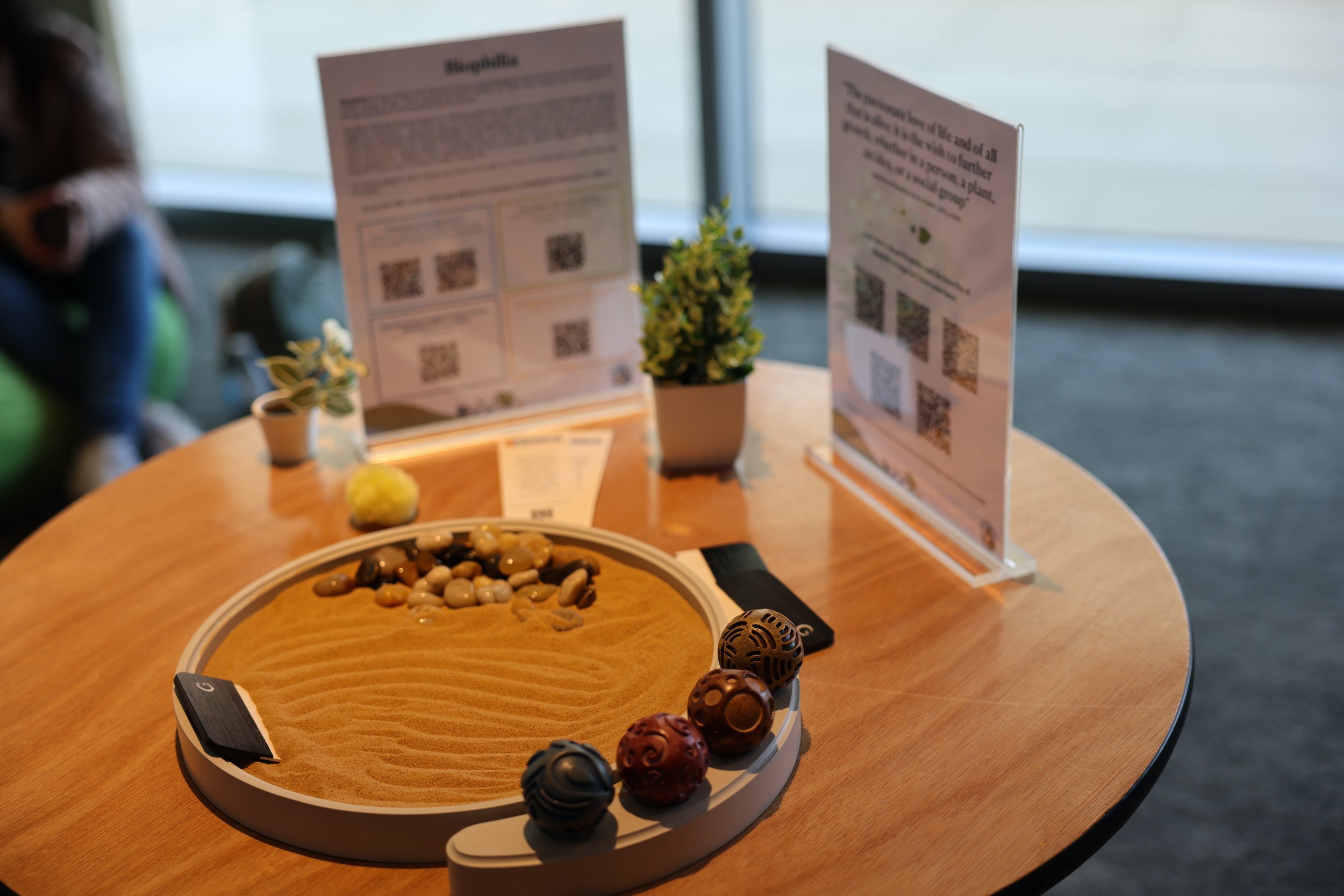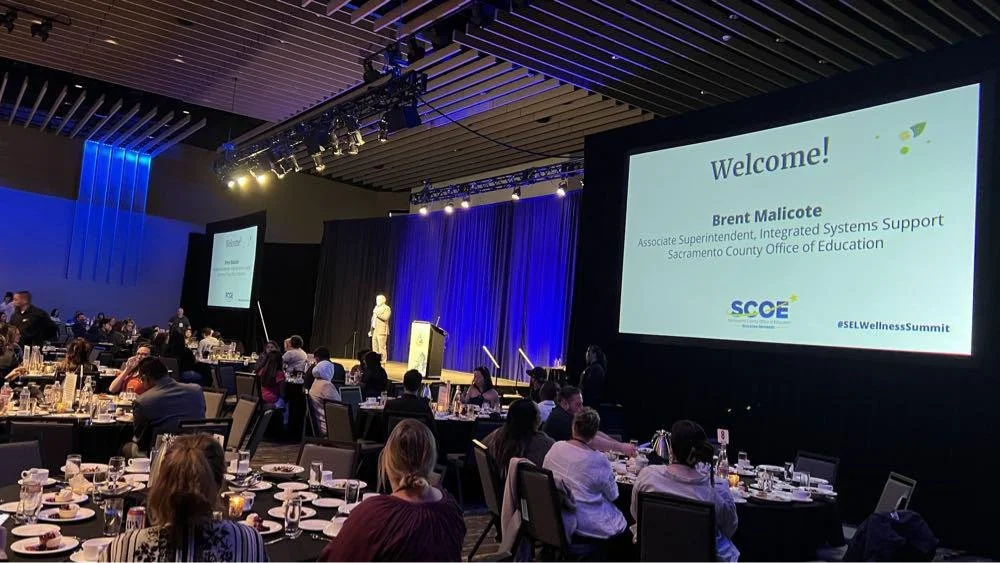
The 2025 Summit theme is Relationship-Centered Schools.
“No significant learning occurs without a significant relationship.”
— James Comer
This theme will explore relationships as the foundation for equity, transformation, and integration, expressed in the following ways:
Equity:
Attendees will explore and share innovative strategies to address systemic barriers and create equitable, inclusive learning environments where every student has access to the resources necessary to support their social, emotional, and academic growth.
Attendees will deepen their knowledge of California’s Transformative SEL Competencies and Conditions for Thriving guidance, be inspired by transformational stories from young people and peers, and gain tools to foster continuous improvement, adaptability, and sustainability in their own contexts.
Transformation:
Integration:
Attendees will learn effective strategies to break down silos and sustain SEL implementation in schools through coherence across multiple initiatives and integration with academic instruction, for example, leveraging the recently updated California Standards for theTeaching Profession.
“Strong relationships are central to the learning process. What the science of learning and development tells us is that we need to create learning environments, which allow for strong, long-term relationships for children to become attached to school and to the adults and other children in it.”
— Linda Darling Hammond
Relationship-centered schools create environments where everyone feels known, respected, valued, and supported. Through feeling such connection, students and adults can together co-create vibrant, equitable learning communities. Affirming all identities, and helping students explore and honor their own lived experiences, are key components of equity in action, in which all students see themselves reflected in what and how they learn, and also in the school environment. In relationship-centered schools, transformative SEL (T-SEL) is brought to life through authentic student-adult partnerships, student-centered, culturally affirming pedagogy, and a focus on creating the conditions for well-being for every school community member. T-SEL’s deliberate focus on equity, inclusion, and belonging flowers in relationship-rich settings.
As counties, districts, and schools strive to strengthen coherence between initiatives–including T-SEL, Community Schools, MTSS, Whole Child Design, among others–centering relationships can provide the foundation for successful integration. Many California districts and schools have been leading the way to create relationship-centered schools through making investments in innovative structures and practices. At the heart of systemic transformation are relationships: relationships between educators, students, families, and community members. To bring about the necessary shifts in California education we must build on successful innovation to harness the power of relationships at every level of the system.
What are Relationship-Centered Schools?

“There is no more effective neurobiological intervention than a safe relationship."
-Bruce Perry
What Does the Research say?
Research science confirms what common sense promotes: we learn most effectively from and with others and therefore positive, authentic relationships are paramount to effective learning. The Science of Learning and Development, which integrates advances in many fields with profound implications for education–from neuro- to social science–states:
The presence and quality of our relationships may have more impact on learning and development than any other factor. Indeed, relationships are the primary processes through which our biological and contextual factors are reinforced. Emotion and cognition are inextricably linked, and one of the best ways to promote a positive context is to create opportunities for positive developmental relationships, both in the home and outside of it.
Specifically, recent studies have demonstrated that students who experience caring, supportive relationships and positive school climate are more likely to feel a sense of belonging and connectedness resulting in less absenteeism, greater academic success, and more positive attitudes and behaviors in school. Supportive relationships are also part of the solution to the loneliness epidemic our country’s youth are experiencing. And it’s not just about students: adults also thrive when relationships with students and peers are positive and authentic. Strong relationships–with peers and school staff–anchor positive youth development. A deliberate focus on maintaining these lifelines for everyone in the community builds towards more equitable long-term outcomes overall.






















